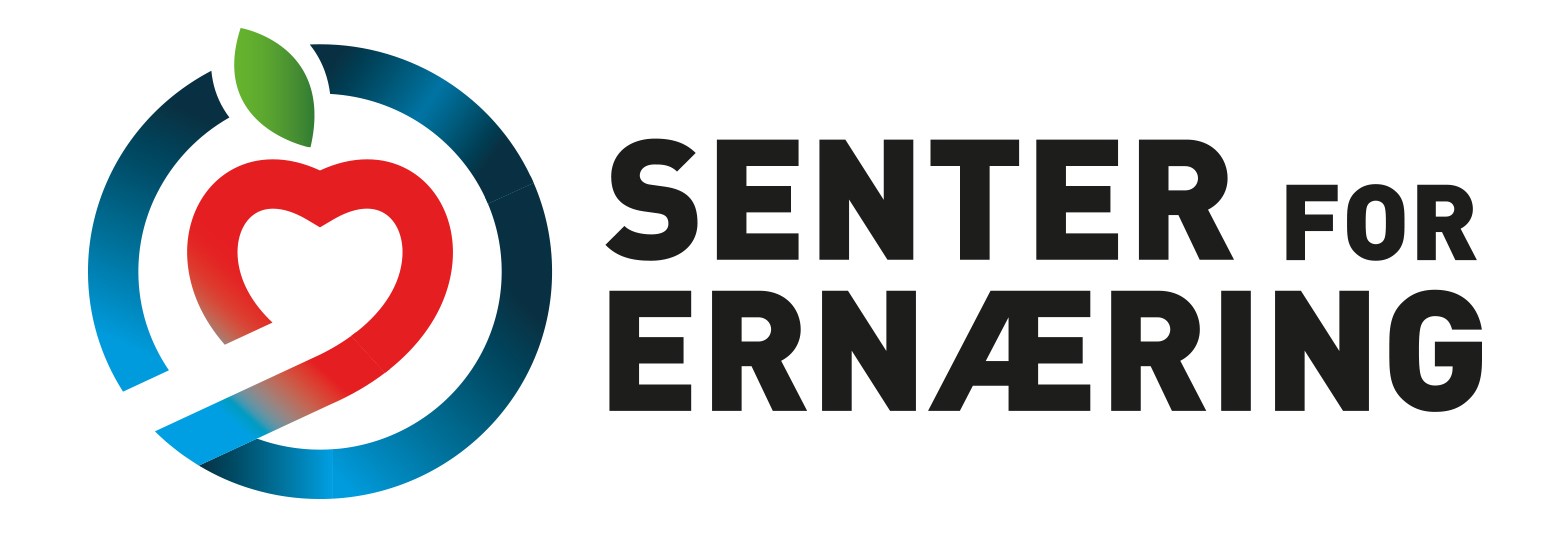Senter for ernæring har gleden av å invitere til et nytt seminar i vår seminarrekke. Serien tar opp sentrale utfordringer innen ernæring og helse.
Maternal nutrition in a modern world. Are we creating new risks for the baby?
Foreleser: Eleni Papadopoulou, PhD, Norwegian Institute of Public Health (NIPH), Oslo
Moderator: Petur Benedikt Juliusson
Tid: Torsdag 23. januar kl. 14.30-15.30
Sted: Auditorium 2, BB-bygget, Jonas Lies vei 91
Eleni Papadopoulou is an epidemiologist at the Norwegian Institute of Public Health (NIPH). Her background is in nutrition and environmental health. She holds a PhD in Environmental Epidemiology (2013) from the Barcelona Institute for Global Health, Spain, on the impact of early life exposures to environmental contaminants on fetal growth and endocrine disruption. Her research is focused on the investigation of exposures to environmental contaminants with toxic effects for humans, especially using birth cohorts, as well as the interactions with beneficial nutrients. When coming to NIPH, she first received funding as a Marie Curie post-doctoral fellow to study human dietary exposures to new “emerging” toxicants and currently she is funded by the Norwegian Research Council (“CATCH-UP project”) for a study aiming to identify early life environmental stressors that can affect child growth in the Norwegian Mother, Father and Child cohort study.
Abstract
Diet and nutrition are among the major modifiable risk factors for the prevention of Non-communicable diseases (NCDs), and more specifically alcohol use, inactivity and unhealthy diet, as well as obesity. In addition, exposure to environmental chemicals have become hot topics due to the link to increase NCD risk. These chemicals are now considered the new threats for human health, mainly because some of them after they enter the human body can mimic the function of our hormones and promote adverse health effects. The periods of pregnancy and early life are identified as critical periods to tackle NCD risk development, as the risk factors are developing long time before the occurrence of the disease, all the way to the pregnancy period and the fetal life. This is no different for environmental chemicals, as the placenta is not protecting the fetus from being exposed to them and the child is born with detectable levels of several environmental chemicals. In this talk, she will focus in the role of maternal diet as a source of exposure to environmental chemicals as well as beneficial nutrients and the associations with child’s physical development and health.
Det blir lett servering.
Velkommen!

